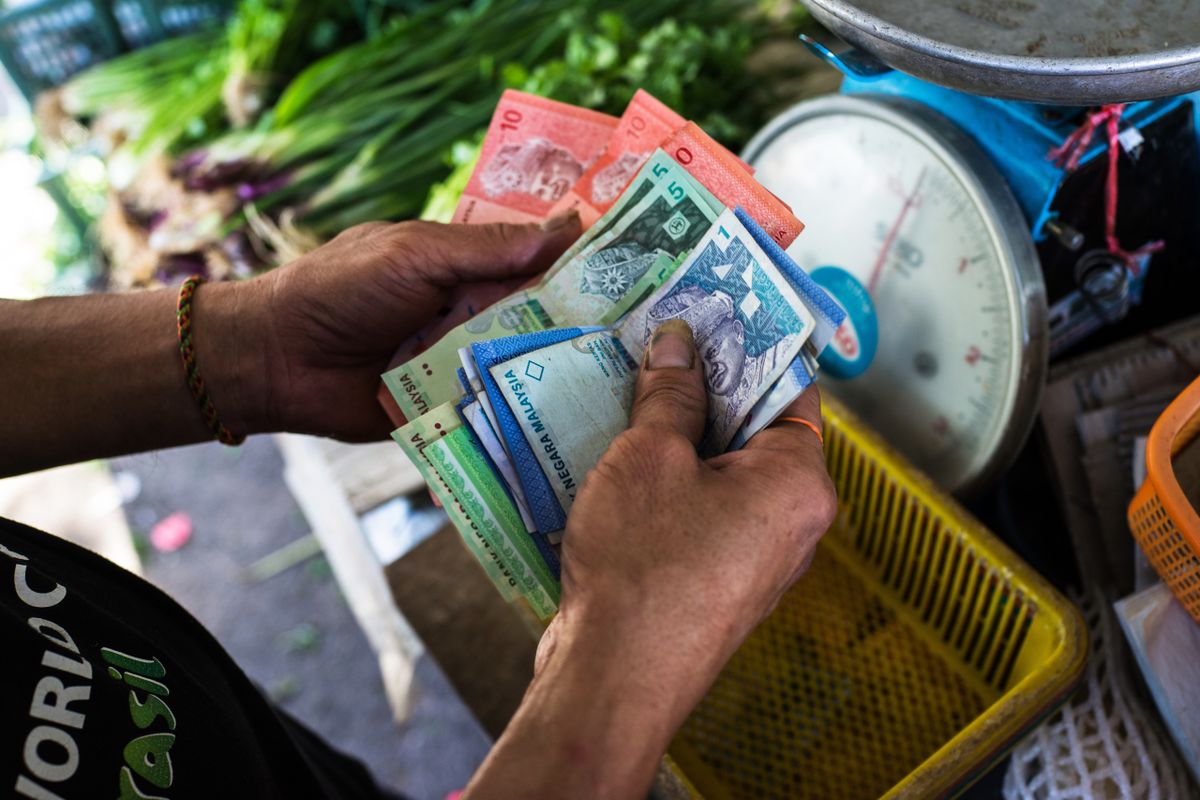THERE is a tendency within government circles to explain the poor performance of the Malaysian ringgit against the US dollar, due to external factors.
The move on the part of the US to raise interest rates to contain inflation and the sluggish performance of the Chinese economy in buying products in the region including Malaysia. External factors have a role but they cannot be considered in isolation from domestic factors.
The question is: how do the external and internal factors interact to produce particular outcomes, such as the continuous devaluation of the ringgit?
The performance of the ringgit is worse than it was during the financial crisis in 1998. Today, the ringgit is valued slightly over RM4.8 mark against the US dollar. The question is where the slide is going to stop.
The government might boast of record foreign investments, but whether these investments have been actualised in concrete terms remains uncertain.
The accumulated foreign debts remain at RM1.6 tril with rising servicing costs. Yes, the scandal linked to the 1Malaysia Development Bhd scandal was largely responsible, but whether the government is pursuing structural reforms to ensure the financial stability of the system remains in doubt.
Rhetoric might be high on getting rid of corruption but in practice, corruption seems to be condoned. While the justice system is trying to crack down on corruption, the other levels of the administration of the country seem lethargic.
In short, Prime Minister Datuk Seri Anwar Ibrahim might use the right words to paint a glossy picture of the country, but in practice they remain empty and devoid of meaning.
The political expediency of the government merely to stay in power seems to give a wrong perception to potential investors.
The weak ringgit might boost the tourist industry but unfortunately, this is happening after the horses have left the stables and doors shut.
While the rich and connected might be able to weather the storm of the ringgit devaluation, the poor might face the economic brunt of inflation induced by the fallen ringgit.
The government of the day should cease to engage in rhetoric but instead stabilise the economy with the much promised reforms.
However, if reforms are seen as threatening the political base of the government, then what hope is there for reforms that are urgently needed to stabilise the economy?
The government and its leaders need to be reminded time and again that the fault is not in the stars but in the human beings, particularly those entrusted with managing the affairs of the country.
Let us get out of the rut of blaming others and remain deaf and dumb to the problems of our own making. – Feb 24, 2024
Former DAP stalwart and Penang chief minister II Prof Ramasamy Palanisamy is chairman of the Urimai (United Rights of Malaysian Party) Interim Council.
The views expressed are solely of the author and do not necessarily reflect those of Focus Malaysia.
Main photo credit: Bloomberg









